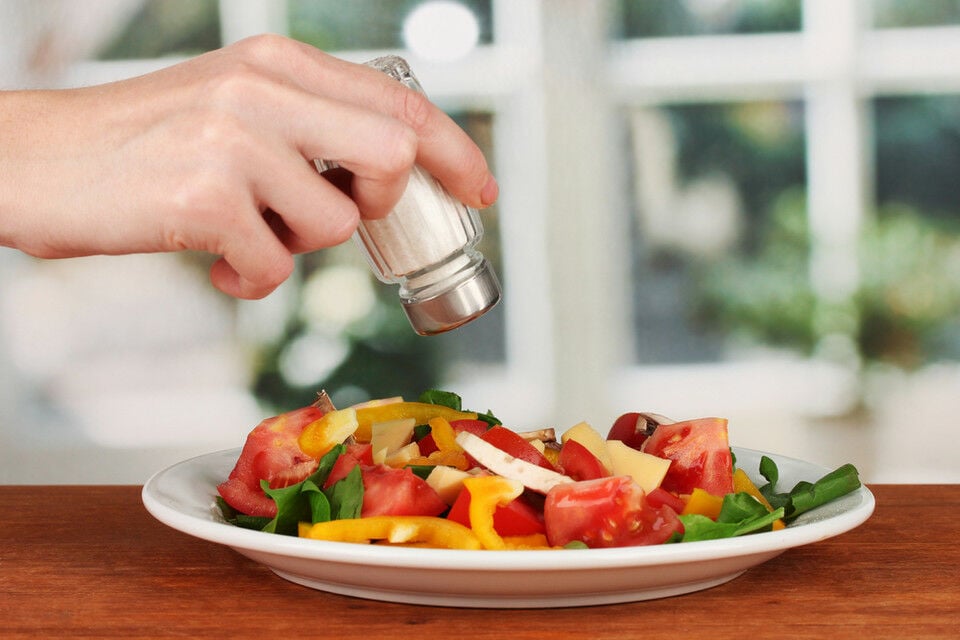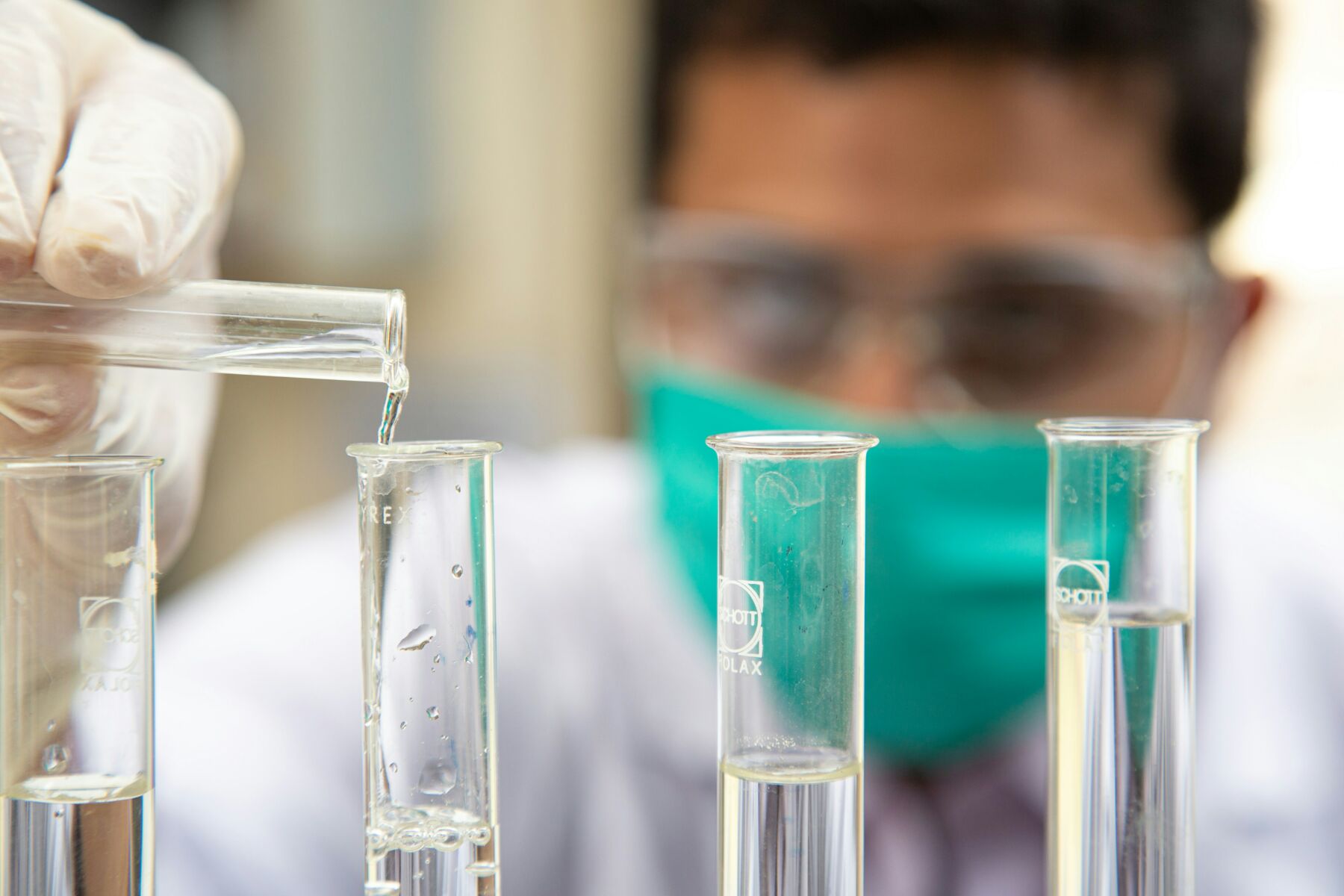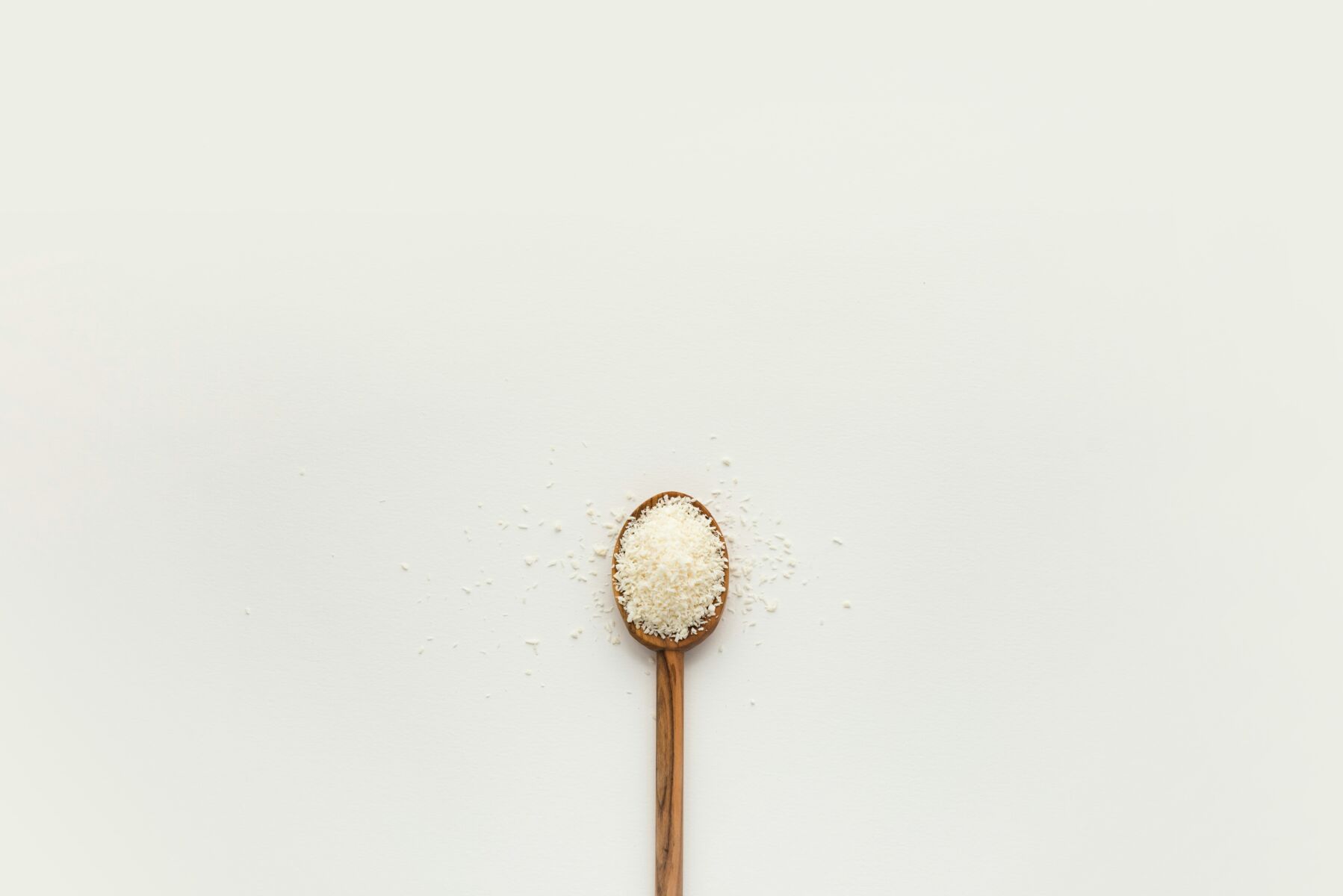Salting your food could increase your risk of stomach cancer

The hidden danger on your dinner table
For many of us, reaching for the salt shaker is a reflex at mealtimes, adding a bit of flavour to our food. However, a recent by researchers from Austria and the United Kingdom reveals that this seemingly innocuous habit could significantly increase the risk of developing stomach cancer. The study found that people who frequently add salt to their food at the table face a 41% higher risk of gastric cancer.
Why focus on salt?
Stomach cancer is the fifth most commonly diagnosed cancer worldwide, with a rising incidence among young adults. While the link between high salt consumption and gastric cancer has been well-documented in Asian countries, similar studies in Western populations have been sparse. The European researchers aimed to fill this gap by exploring how the frequency of adding salt to the table impacts cancer risk in a Western context.
How was the study conducted?
The researchers utilised data from the UK Biobank, a large-scale biomedical database containing detailed health information from over half a million UK participants. They focused on 471,144 individuals, excluding those with prior histories of cancer or renal diseases. Participants’ habits of adding salt to their meals were assessed via touchscreen surveys conducted at the study’s outset, between 2006 and 2010.

To measure sodium intake accurately, the team analysed spot urine samples using an ion-selective electrode method. They estimated 24-hour urinary sodium excretion with the INTERSALT equations and monitored cancer incidence through national cancer registry data.
Key findings: The salt-cancer connection
Over an 11-year follow-up period, the study identified 640 cases of stomach cancer. The data revealed that individuals who habitually added salt to their food were more likely to be less educated, non-white males, smokers, and heavy drinkers living in disadvantaged areas.
The alarming statistics
The risk of developing stomach cancer was notably higher among those who always added salt to their meals, with a hazard ratio (HR) of 1.41 compared to those who never or rarely did. The researchers also observed a clear, positive correlation between estimated 24-hour urine sodium levels and the frequency of adding salt to food, although no direct link was found between overall 24-hour urine sodium estimates and gastric cancer risk.
How does salt increase cancer risk?
Salt can harm the stomach lining, making it more susceptible to infections and carcinogens. High salt levels can facilitate the colonization of Helicobacter pylori, a bacterium linked to gastric ulcers and cancer. Additionally, salt might work synergistically with chemical carcinogens and N-nitroso compounds, which are known to damage the gastric epithelium, further increasing cancer risk.

Real-world implications
The findings from this study have significant implications for public health. They suggest that a simple habit change – reducing the amount of salt added to food at the table – could potentially lower the risk of developing stomach cancer. Public health campaigns could use these findings to create easy-to-understand messages aimed at reducing salt intake.
Compared with previous research
This study aligns with earlier research, particularly from Asian countries, which found high salt consumption associated with increased gastric cancer risk. However, it breaks new ground by focusing on a Western population, providing a broader perspective on the global impact of dietary salt.
Sensitivity analyses
To validate their findings, the researchers conducted several sensitivity analyses, excluding participants with comorbidities, non-white participants, and those diagnosed with gastric cancer within the first year of follow-up. The results remained consistent, reinforcing the robustness of the study’s conclusions.

Next steps in research
While this study offers compelling evidence, further research is necessary. Larger sample sizes and repeated 24-hour urinary sodium measurements could help to better quantify the relationship between salt intake and gastric cancer risk. Future studies should also explore variations across different cancer subtypes and demographic groups to develop more targeted prevention strategies.
Small changes, big impact
In conclusion, this extensive study provides strong evidence that adding salt to food at the table significantly increases the risk of stomach cancer. By making small changes in our daily habits, such as reducing salt intake, we can take a significant step towards better health. The message is clear: for the sake of your stomach, think twice before reaching for that salt shaker.
Practical Tips for Reducing Salt Intake
- Taste before you season: Often, food is already adequately seasoned.
- Use herbs and spices: Enhance flavour with herbs, spices, and citrus instead of salt.
- Read labels: Check the sodium content on food labels and choose lower-sodium options.
- Cook fresh: Preparing meals from scratch allows you to control the amount of salt added.
- Limit processed foods: These often contain high levels of hidden sodium.
By adopting these practices, you can enjoy flavorful meals while significantly reducing your risk of gastric cancer. Remember, a little change can go a long way in protecting your health.
You can learn more by reading the study to have more insight but don’t forget that it is also necessary to have consistent checkups to ensure that you are healthy. To keep track of your salt, you can receive a consultation at MyMediTravel with good deals and decent locations to aid your maladies or concerns.
Latest Thailand News
Follow The Thaiger on Google News:


























